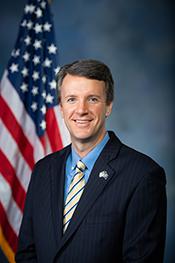We have received text from H.R. 417: End U.N. Censorship Act. This bill was received on 2025-01-15, and currently has 5 cosponsors.
Here is a short summary of the bill:
The bill, known as the End U.N. Censorship Act, introduces several provisions regarding the United States' financial contributions to the United Nations (UN) and specifically targets the support of a tool called iVerify that has been developed by the United Nations Development Programme (UNDP). Below is a detailed summary of its main components.
Key Provisions
- Prohibition on Federal Funds: The bill prohibits the use of any federal funds made available to the Department of State or any other governmental department or agency for the following purposes:
- To develop, implement, or support the iVerify tool created by the UNDP.
- To fund any effort that aims to label speech or expression as malicious, misleading, or disinformation.
- To make voluntary contributions to the UN or its entities that fund or support the iVerify platform or similar initiatives.
- To contribute to any international organization for the purpose of supporting the iVerify platform or other similar efforts related to labeling speech or disinformation.
- Rescission of Funds: Any federal funds that were previously proposed to be used for these purposes would be permanently rescinded. This means:
- The funds withheld will not be returned to the UN or any other organization, nor will they be considered as debts to be repaid.
- These rescinded funds will instead be deposited into the general fund of the Treasury.
Objective of the Bill
The primary objective of the End U.N. Censorship Act is to prevent U.S. government funding from being allocated to initiatives that the bill's sponsors believe could interfere with free speech. By specifically targeting the iVerify tool and similar platforms associated with labeling information, the bill aims to restrict governmental support for programs that label or categorize speech as misleading or false.
Impact on International Relations
This bill may affect the United States' relationship with the United Nations and its related programs, particularly those focused on information verification and combating misinformation. It addresses concerns within the U.S. about sovereignty and the potential overreach of international organizations into domestic speech issues.
Relevant Companies
None found
This article is not financial advice. See Quiver Quantitative's disclaimers for more information.




